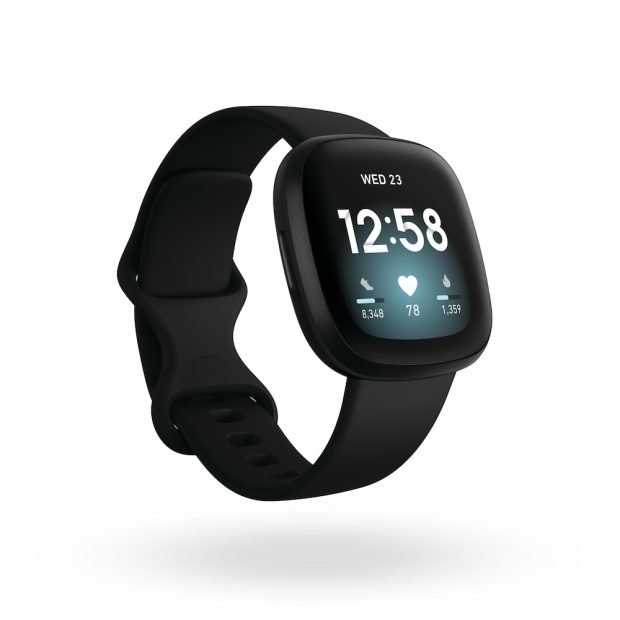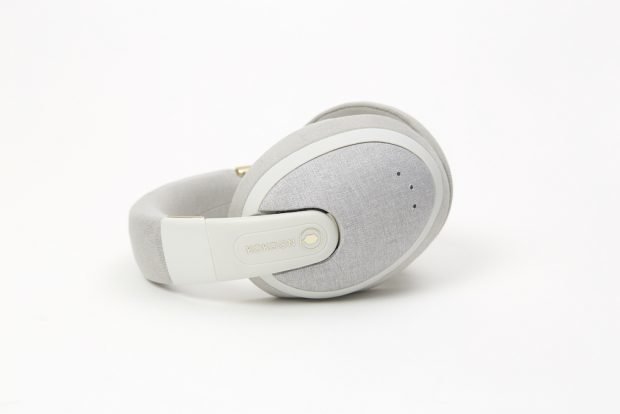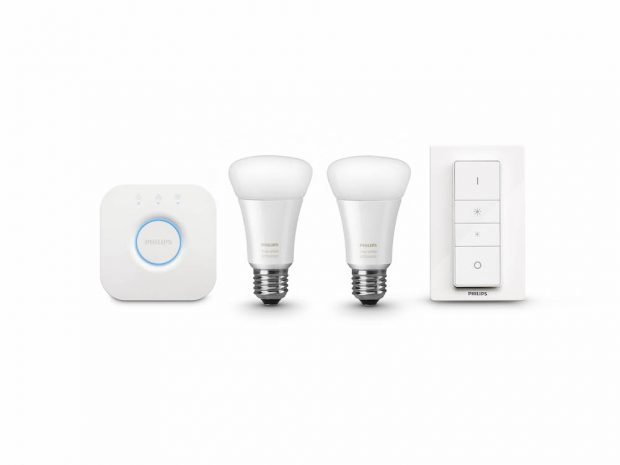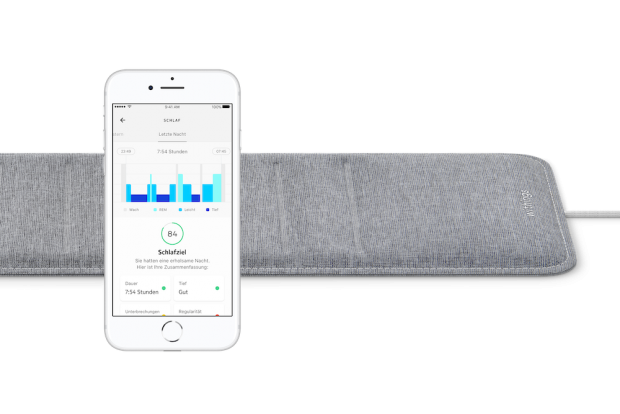The best sleep gadgets can lend a hand when it comes to chasing our recommended sleep hours. While few things can replace a hot drink and an early night as a recipe for a good night’s rest, the latest technology is starting to find ways to help us to fall asleep faster, dream deeper and wake more refreshed. So if sleep is proving elusive right now, read on to find out how the right piece of tech could be the answer.
Sleep tracking won’t instantly make you sleep longer or better, but it can help identify how long and how deeply you tend to sleep and how long it takes you to nod off. The best sleep gadgets are designed to help. How deeply you sleep and how long it takes to fall sleep are factors that can be influenced by outside elements such as diet, exercise and our addiction to smartphones, but the right sleep gadget can be a vital aid.
To help you to maximise your sleep, we’ve compiled a round up of our five best sleep gadgets, from smart apps to sleep headphones. Each bit of clever kit has been chosen based on its sleep-enhancing features and price.
So read on to find out what sleep gadget could be just the thing you need to help you swap tossing and turning for a peaceful night’s slumber.
Best sleep gadgets 2021
1. Sleephub
Best for sleep training

Designed to help re-train your brain to sleep better and longer, these small speakers with easy-to-follow touchscreen control, sit either side of the bed. The speakers play a series of specially designed soundscapes to help your brain relax during each phase of rest, helping, the inventors say, to have you wake reinvigorated. It’s a magic combo of neuroscience and sound technology designed to enhance natural sleep.
The thing we love the most about Sleephub is that it comes with a 60-day money back guarantee. So you can rest easy knowing that even if you don’t feel the benefits, you won’t lose your money.
2. Fitbit Versa, $174.99, Amazon
Best health tracker

Stylish, light and comfortable to sleep in, Fitbit’s latest smartwatch uses a heart rate sensor to monitor your movement 24-7 to build up a picture of your health. It can help you identify trends, like when you sleep your best, how long you rest and gives you a daily score for reference.
And the best bit? With a five-day battery life it rarely needs charging and has alarms that can wake you gently during the ideal phase of your sleep cycle.
3. Kokoon
Best headphones for sleep

Like a private version of SleepHub, Kokoon are the comfiest headphones you’ll ever wear, even when lying on your side, and they boast active noise cancelling technology to block out unwanted background noise – like snoring – and can play relaxation exercises and meditations to help you get a better night’s rest.
Hidden in the earcup is an EEG sensor (Electroencephalography) that tracks how you sleep, offering invaluable feedback each morning via smartphone app (Android/iOS).
4. Philips Hue Starter Kit E17
Best for a gentle wake up

Whether you choose a Hue bedside lamp, or just add a Wi-Fi connected bulb to any existing fittings, you can enjoy a wealth of sleep features, from gently dimming (or waking) in the kids rooms, to adjusting the colour temperature in your bedroom to help your eyes relax after a day staring at a computer screen.
If you use Google Assistant simply ask, “Hey Google, turn on Gentle Wake Up” and your lights will gradually brighten 30 minutes before your alarm to help wake you gently.
5. Withings Sleep Analyzer, $74, Amazon
Best sleep app

Compare Products
Once placed under the mattress and synched via Bluetooth to your phone, this sensor packed mat monitors breathing, heart rate, and amount of movement during sleep, and can even spot signs of sleep apnoea – a condition that can lead high blood pressure, strokes and heart failure.
The Health Mate app is simple to understand, and you can even download your sleep statistics a PDF medical report so you can share results with your doctor.
How can I sleep better?
Set yourself a bedtime routine, and stick to a schedule. Most adults need between 6 and 9 hours of sleep every night, so if you know what time you need to be up, count back from there to make sure you’re tucked up in good time. A consistent wake up time is recommended if possible, to help set your body clock.
Invest in a decent mattress and pillows. Drifting off to sleep is hard if you’re uncomfortable so make sure you lay a good foundation for a restful night with a supportive mattress.
Again with comfort a high priority, choose bedding that you like the feel of. You want a duvet that will allow you to maintain a comfortable temperature all night.
Block out as much light as possible by choosing blackout blinds, or going for an eye mask. Too much light can mess with your circadian rhythm to interrupt your sleep cycle.
Allow wind down time. The Sleep Foundation recommends: ‘Quiet reading, low-impact stretching, listening to soothing music, and relaxation exercises are examples of ways to get into the right frame of mind for sleep.’
We also love a good list, and writing a list helps with winding down at bedtime. Keep a notepad by your bed so you can scribble down anything that’s on your mind, so you won’t keep scrolling through a to-do list in your head when you’re trying to drift off.



![A Tranquil Jungle House That Incorporates Japanese Ethos [Video]](https://asean2.ainewslabs.com/images/22/08/b-2ennetkmmnn_t.jpg)









